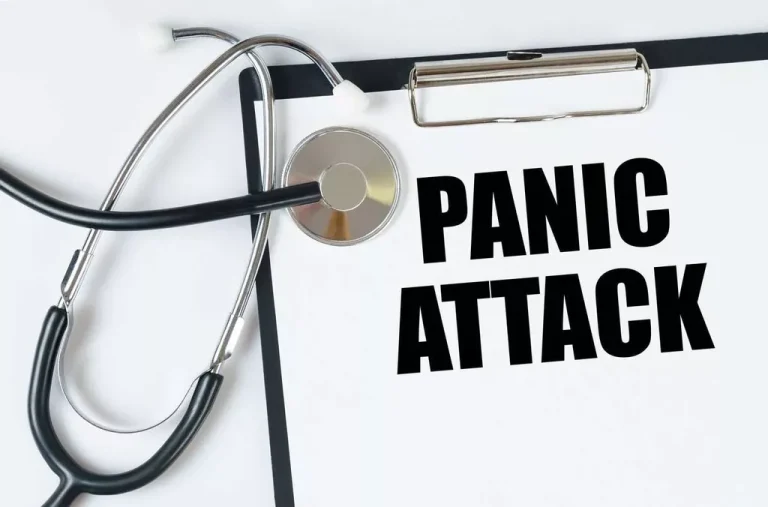
This practice can act as a grounding technique, helping to center thoughts and emotions, particularly during moments of temptation or stress. For those seeking expert support, listening to recorded guided meditations or attending meditation classes can be incredibly beneficial. Although it’s a helpful tool for managing stress through recovery, it’s not a replacement for treatment. You’ll still need to undergo professional treatment and support for long-term sobriety. You know yourself best, so if you need more than just mindfulness and meditation, feel free to explore other options.

Empowering Your Mental Health Journey
Through meditation they can acknowledge their addictive thoughts without trying to push them away, yet drug addiction choose the path of recovery. They say it provides an emotional boost for every day and is a blessing for their daily journey. Readers also mention it’s a valuable asset to their ongoing recovery and a good addition to their morning recovery readings. Get professional help from an online addiction and mental health counselor from BetterHelp. Movement meditation refers to meditation that occurs while you are moving rather than seated. Movement meditation can be practiced while you are doing any activity, whether that is sitting, walking, eating, doing chores, or having a conversation with a family member.
Benefits of Meditation for Drug & Alcohol Addiction Recovery

More specifically, results show that more than 34% of the 1,079 respondents reported changes meditation for addiction recovery or disruptions in accessing treatment or recovery support services. Fourteen percent purported that they were unable to receive their needed services, and 2% say they were unable to access naloxone services. That’s precisely the moment when adding mindfulness and meditation to your addiction recovery program could reboot your enthusiasm and re-energize your journey. More than a decade of research has demonstrated the promise of MBIs for intervening in SUDs and preventing relapse.
- Meditation can help o quiet the mind and create space to focus on the present moment.
- Focusing on your breathing is an old technique used in meditation, one that can also be incorporated into other practices such as yoga.
- The phrase “just like me” is sometimes used in mindfulness meditations to promote compassion.
Guided Meditation for Addiction
- Just allow yourself the time and space to sit comfortably, focus on your breath, and enjoy a few moments of peace and quiet.
- Terry Hurley is a retired educational professional and freelance writer with more than fifty years of experience.
- At Adelante Recovery Centers, we proudly stand as leaders in addiction treatment, offering innovative addiction treatment programs and holistic approach to recovery.
- Doing this regularly may take practice, but it’s one of the easiest mindfulness exercises we practice.
- Furthermore, SUD intervention is complicated by the continuous possibility of relapse.
Meditation requires no special equipment or designated setting; it can be practiced in any quiet space, whether at home or outdoors. As the practice deepens over time, individuals often notice an increase in self-awareness and an improved ability to manage the highs and lows of recovery. BetterHelp can connect you to an addiction and mental health counselor. For recovering addicts who are used to partying and having a wild time, sobriety may seem a bit dull. Meditation practice can give them a new source of joy—pleasure in living in the moment and appreciating the simplest of delights. The mental clarity that comes from the practice of meditation makes it easier for addicts to make healthy choices that support their recovery.
- Using physical health as an analogy, maintaining a healthy diet and regular exercise across the lifespan is integral to wellbeing.
- “Mindfulness isn’t difficult, we just need to remember to do it,” wrote the meditation teacher Sharon Salzberg.
- Through meditation they can acknowledge their addictive thoughts without trying to push them away, yet choose the path of recovery.
- The facilitator takes you through a scenario as you use your imagination to feel various states such as happiness, peace, connection, or growth.
- Through gaining awareness of substance use patterns, automaticity of use, and the extent to which they are self-medicating negative affect with substances, individuals can then use mindfulness skills to address their SUD symptoms.

If you have difficulty focusing, and your mind easily wanders away from the present moment, you may benefit from starting with guided meditations to help keep on track. Many =https://ecosoberhouse.com/ therapists offer guided meditations during their individual and group therapy sessions. Everyone has their own unique needs, preferences, and strengths, so not every meditation technique will work for everybody. It is important to try different forms of meditation to see which is most beneficial for you and your recovery.
- By developing trait mindfulness over the course of participating in an MBI, an individual with a SUD may become more aware of how automatic substance use responses operate in daily life.
- Mindfulness and meditation in recovery offer a deeper understanding of yourself and help regulate emotions.
- Being present and mindful helps us learn to cope with reality as it actually is—not how we perceive it.
- Cultivation of increased cognitive control capacity through mindfulness practices can allow the individual to gain self-control over automatic substance use behavior.
- This might involve experimenting with various meditation techniques, such as guided imagery or mindfulness, to discover the most effective approach.
It’s also essential to recognize that meditation is not a universal remedy; it may work differently for each individual. Personalizing meditation practices to suit individual preferences and comfort levels is key. This might involve experimenting with various meditation techniques, such as guided imagery or mindfulness, to discover the most effective approach. Addiction is a complex and multifaceted challenge, deeply affecting individuals and their loved ones. Navigating the path to recovery often requires a combination of strategies.
Does Meditation Help in Addiction Treatment?
Evidence supporting the efficacy of MBIs as an intervention for SUDs and for relapse prevention is growing. A recent systematic review from Sancho et al16 included 54 randomized controlled trials (RCTs) targeting either substance or behavioral addictions. Mindfulness-Based Relapse Prevention, or MBRP, was created in 2010 at the Addictive Behaviors Research Center at the University of Washington.